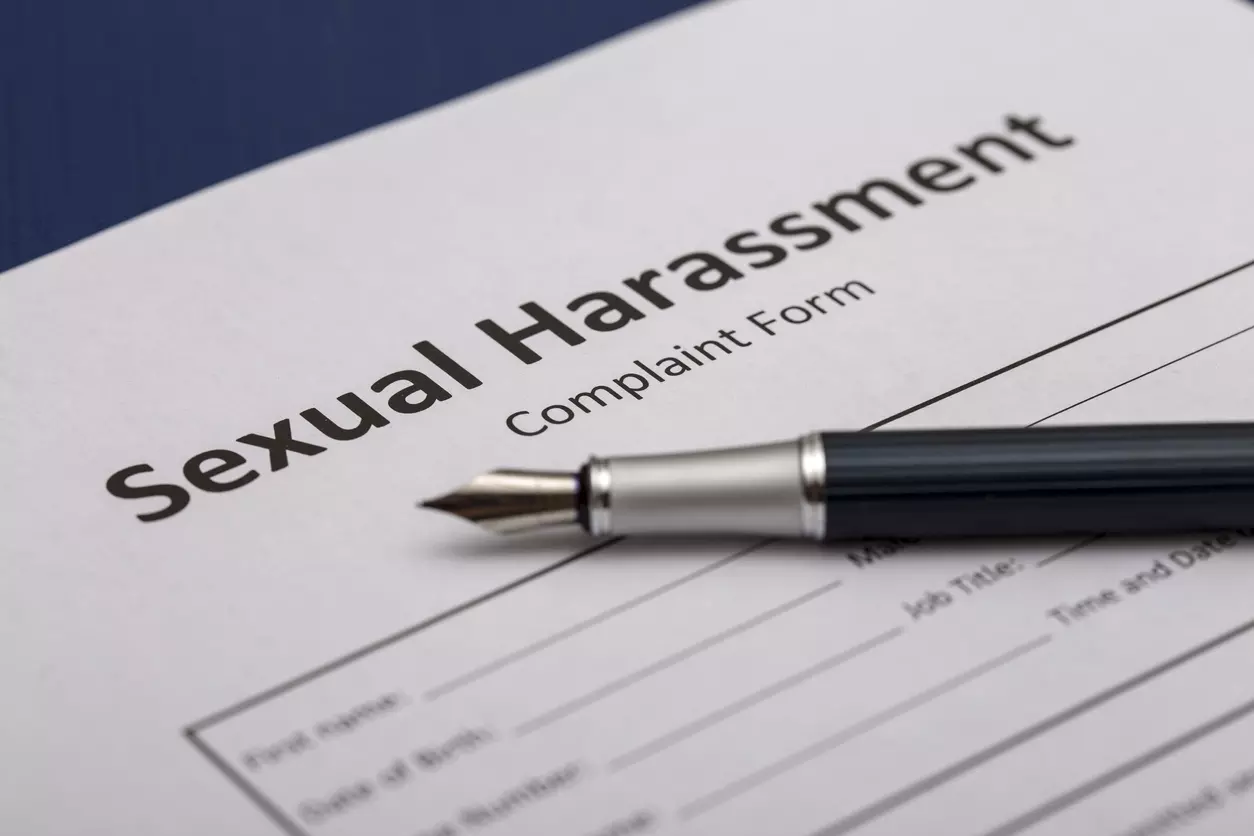
Sexual harassment case cannot be quashed on grounds of compromise: SC
The top court made the observation while setting aside the Rajasthan HC decision that quashed a sexual harassment case based on a compromise between the accused and the survivor

A sexual harassment case cannot be cancelled because the complainant and the accused have reached a ‘compromise’, the Supreme Court ruled on Thursday (November 7).
The top court made the observation while setting aside the Rajasthan High Court decision that quashed a sexual harassment case based on a compromise between the accused and the survivor.
The matter pertains to a case in Rajasthan's Gangapur, where a minor Dalit girl lodged a police complaint, accusing a government school teacher of sexual harassment, in 2022. Subsequently, a case was filed under the POCSO Act and SC/ST (Prevention of Atrocities) Act. The minor's statement was also recorded.
Also read: TCS sacks woman employee who accused manager of sexual harassment
However, the accused, Vimal Kumar Gupta, managed to procure a statement from the girl’s family on a stamp paper. As per their statement, they registered a police complaint out of a misunderstanding and no longer wanted any action against the teacher. Police accepted it and filed a report. However, a lower court rejected this statement.
Later, the accused approached the high court, which accepted it and quashed the FIR. Ramji Lal Bairwa, a social worker, challenged this high court judgement in the Supreme Court. The bench of Justice CT Ravikumar and Justice PV Sanjay Kumar overturned the high court ruling, clearing the decks for the accused teacher’s prosecution.
The top court had initially said that a petition cannot be filed by an unaffected party in a criminal case, however, later decided to take up the issue and examine it. It then ordered that the accused and the victim’s father be made a party to the case.

